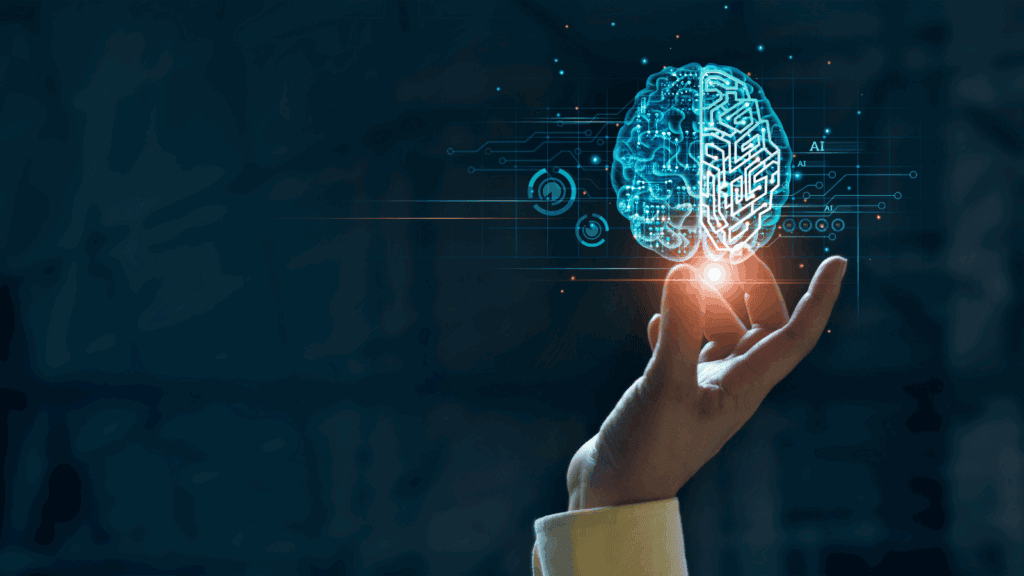Law No. 132/2025 – aimed at ensuring transparency, fairness, and protection of workers’ dignity while promoting the ethical and responsible use of artificial intelligence in the workplace – establishes that both public and private employers and contractors must provide written notice to employees and to workplace union representatives (RSA/RSU, i.e. company-level trade union bodies) regarding the use of A.I. systems in processes that affect the management of the employment relationship.
The obligation applies whenever A.I. is used for activities such as – by way of example – recruitment, task assignment, performance evaluation, or termination of employment.

When and how to comply
- The notice must be delivered before the start of the employment activity, or in any case before the use of the A.I. system selected by the employer for the management, even partial, of the employment relationship.
- It must be drafted in a transparent, structured, and machine-readable format, in accordance with Legislative Decree No. 104/2022 (i.e. “Decreto Trasparenza”).
- The notice must also be sent to company trade union representatives or, in their absence, to the local branches of the relevant trade unions.
What companies should do to ensure compliance
- Conduct a mapping of all A.I. systems used in the management of employment relationships.
- Update internal policies and privacy notices concerning data processing and personnel management.
- Prepare a standard information template to be provided to employees and trade union representatives.
*****
Our professionals are at your disposal for any further information.
